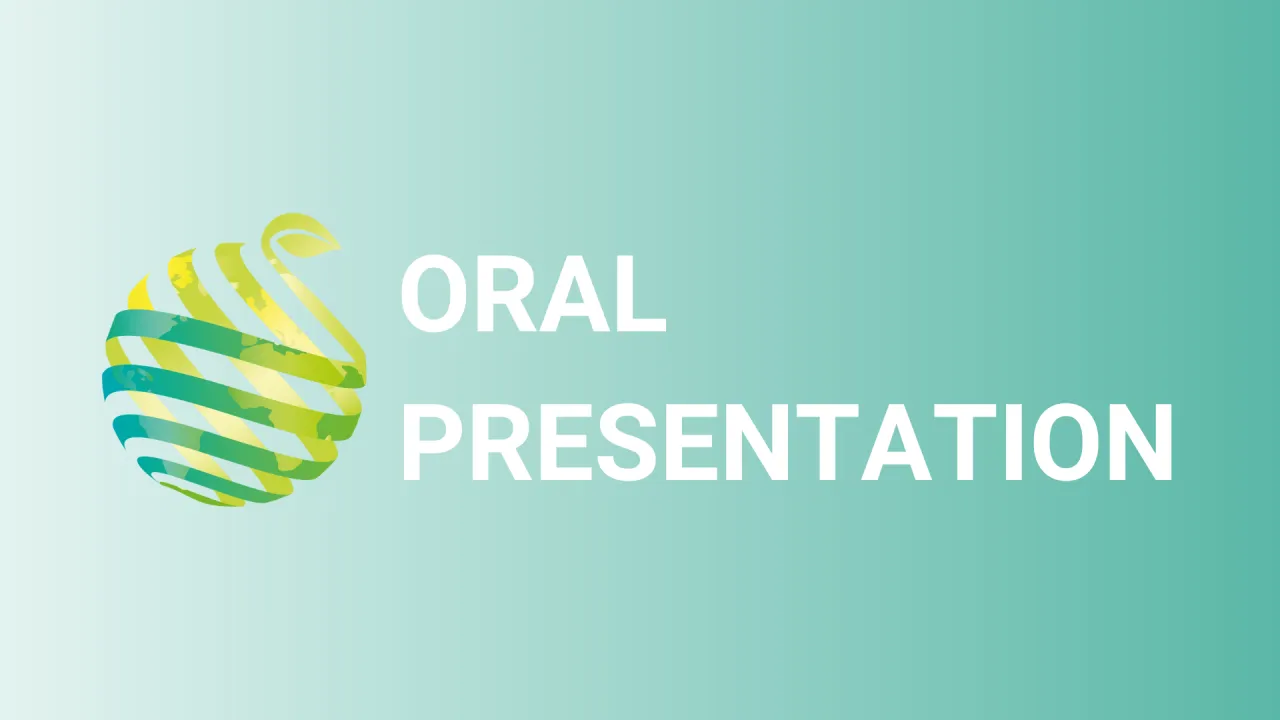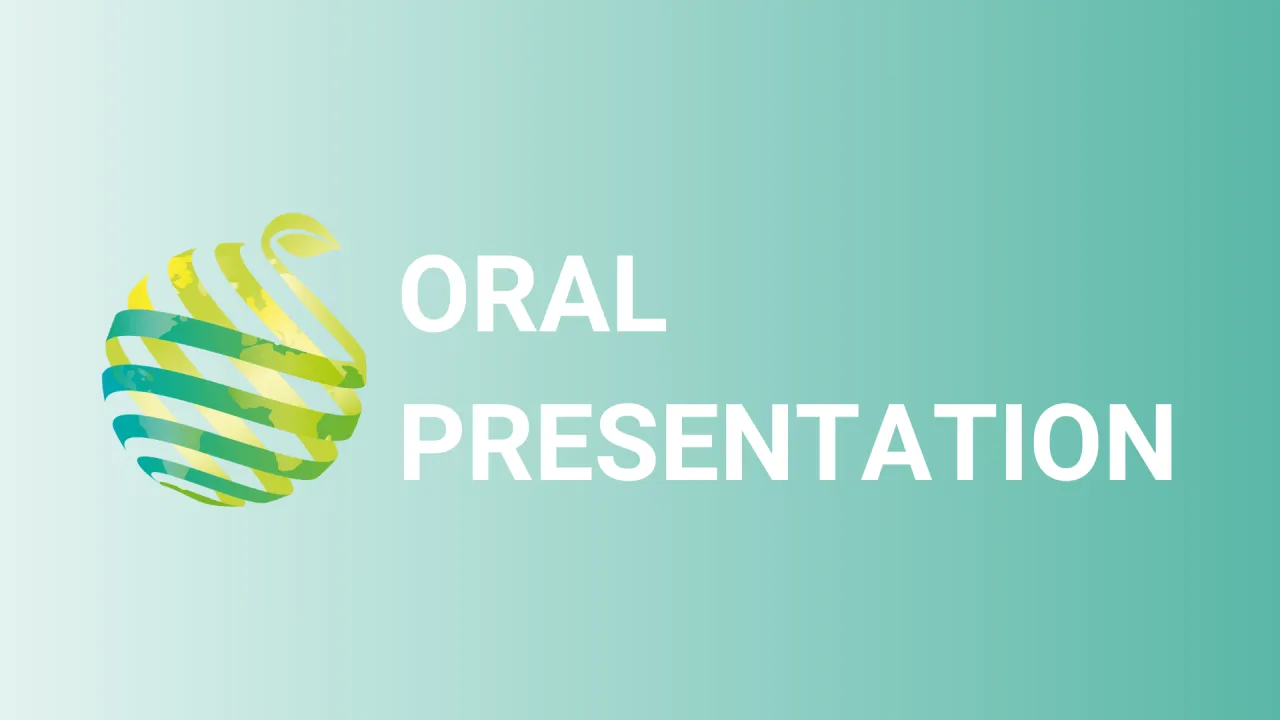

S09 - Session O3 - An audit tool for evaluating food security in urban food systems
Information
Authors: Tricia Jenkins *, Eleni D. Pliakoni, Cary L. Rivard, Candice Shoemaker
Accessibility, affordability, and availability of food are the three core aspects of food security that are often at risk in urban communities. A food security audit tool was developed as part of a graduate course (Urban Agriculture Study Tour) to help students identify how specific entities (e.g., urban farms, community gardens, institutional and training farms, farmers markets, food processing facilities, distributors, grocers, and other entities) contribute to food security. A 10-point Likert-type scale was developed to evaluate ten factors identified as contributing to urban food security. The specific modes of action include: produce/process or distribute food; advocate for policy; innovate the food system; grow community around food; grow/support new and establish farmers/processors and distributors; increase environmental sustainability; educate the public about the production and/or value of food; facilitate research; increase food access for high-risk communities, and facilitate healthy eating habits. A cohort of students and faculty visited sites in Detroit and Lansing, Michigan, in 2019 and is presented as a case study to demonstrate the utility of the food security audit tool. Nine evaluators (graduate students and faculty) audited 17 different sites across the two cities. The analysis of the audit tool data provides a way to assess the food security impact from each site and the entire group of sites. The standard deviation of audit scores between the evaluators was used to determine the viability of the Likert scale. We found that the standard deviation ranged from 0.81 to 1.56 for the ten modes of action, indicating the scale is a functional tool. Finally, the audit tool can help communicate how individual entities or organizations contribute in different ways to the food system. Understanding how urban food systems contribute to food security in local communities can inform urban planning and development and is critical for addressing public health as urbanization continues to grow.